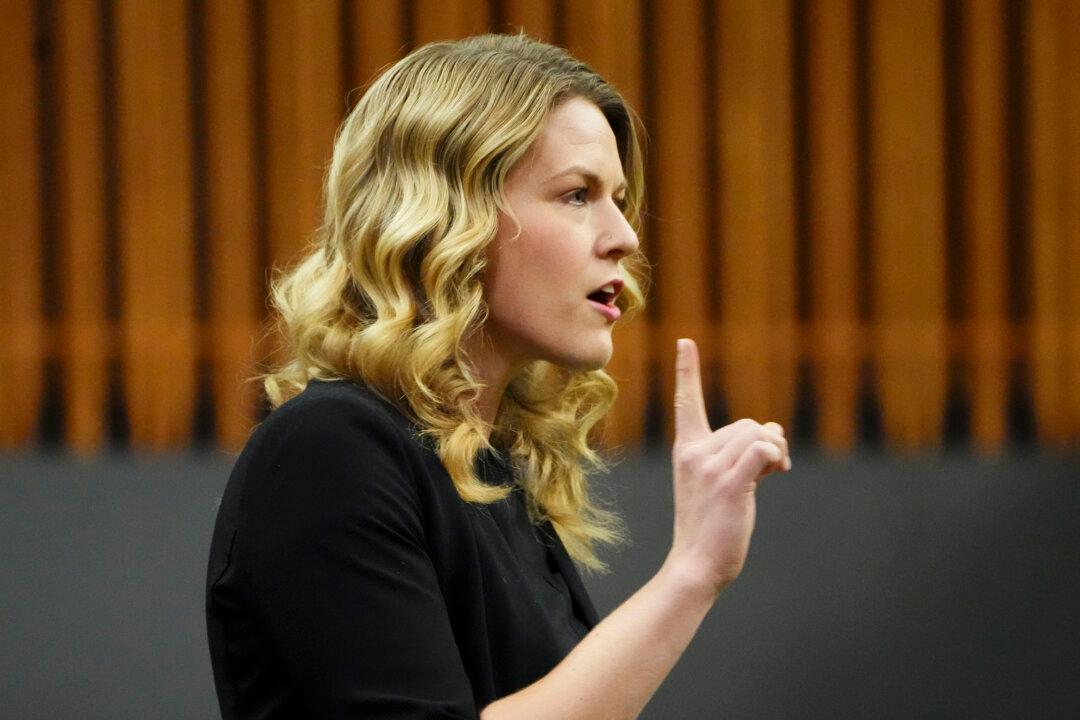The Conservative shadow minister for Canadian Heritage says the Liberals’ Bill C-11, which will update the Canadian Broadcasting Act, is a “censorship” bill, as the House of Commons resumes deliberations of the bill following amendments by the Senate.
“There is nothing progressive about censorship, and that’s what this bill is about,” Conservative MP Rachael Thomas said in the House on Monday.





